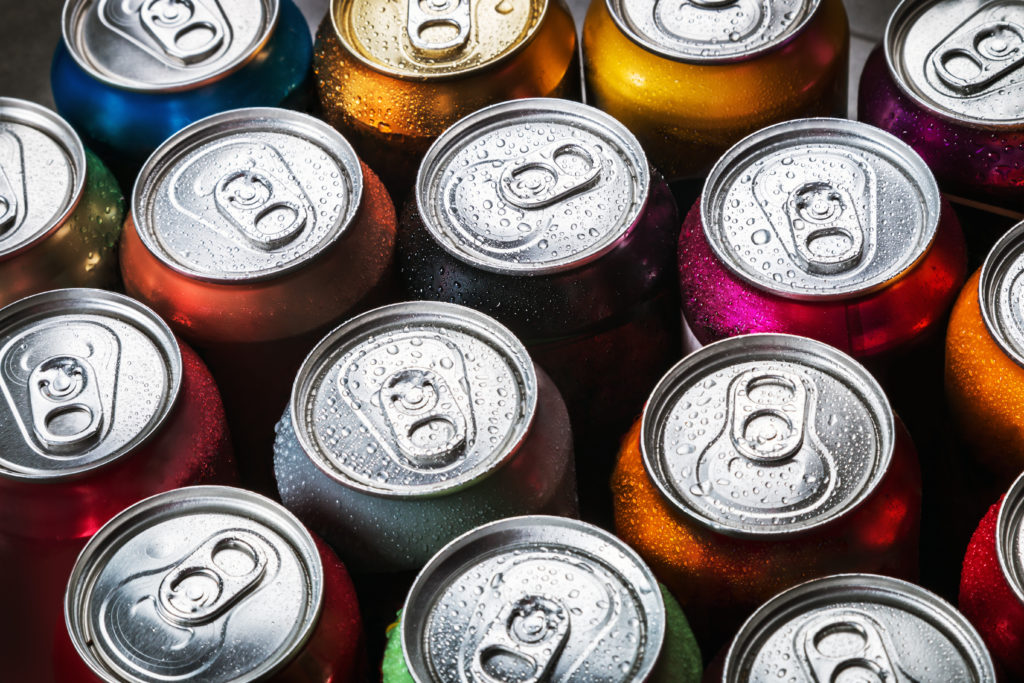
Introduction
On a global scale, a significant number of beverage choices are driven by habits, as consumers select specific drinks based on their needs. It’s not surprising that certain product categories have maintained a consistent proportion of regular consumers over time. However, there has been a noticeable increase in consumers turning to cordial, squash, and syrups weekly in recent years. FMCG Gurus’ consumer insights reveal that 53% of global consumers said they drink cordial, squash, and syrups either daily or weekly in 2024. This has increased by 12% since 2021. This rise in cordial consumption can be linked to people seeking more cost-effective options. This is due to increasing prices, especially in product categories they regularly purchase from. On the other hand, there has been a decline in the number of people consuming chilled juice weekly, likely due to its premium pricing.
During a Period of Financial Uncertainty, Consumers are Spending in the Health and Wellness Market more Sparsely
When assessing beverages with health benefits, there has been a decline in individuals regularly consuming these products compared to 2021. For instance, FMCG Gurus’ market research highlights that in the protein drink category, 26% of consumers drink this beverage daily or weekly. This shows an 11% decrease in consumers purchasing protein drinks daily or weekly since 2021. This decrease is particularly pronounced in the isotonic drinks category. While consumers remain proactive about their health, a reduced concern about illness, coupled with escalating prices, has led to a shift from an unwavering focus on health to a more thoughtful approach. This implies that consumers are still interested in health and wellness products but are using them less frequently. Additionally, it is possible that they are more discerning about their effectiveness, necessity, and value, especially for products with higher price points.

When Checking Nutritional Labels, Consumers are more Likely to Look at Negative Dietary Ingredients
When choosing beverages, many consumers review the nutritional details on the packaging, a percentage that has remained consistent over the past two years. The inclination to inspect labels varies depending on the beverage category. Generally, consumers are more inclined to review information for negative dietary aspects rather than ingredients associated with health benefits. Sugar is the most commonly checked ingredient. While the sugar content does not necessarily deter individuals from purchasing, particularly for occasions of indulgence, it does underscore how people are mindful of the sugar content in soft drinks. Additionally, the association with health issues such as obesity is clear. This has been influenced by heightened attention to the topic over the past few decades.
Recognizable, Streamlined, and Natural Ingredients are Appealing to Many Consumers
The current challenges posed by the cost-of-living crisis have affected consumers’ financial stability. However, it is vital to recognize that individuals prioritize value perceptions over affordability when selecting soft drinks. Furthermore, consumers are still willing to upgrade to products they perceive as high quality. This is particularly clear when seeking moments of affordable indulgence to escape and compensate for reduced expenditures in other areas. This underscores the importance of emphasizing innovation rather than solely focusing on offering the lowest price in new product developments. Encouragingly, pushing the boundaries of premium within economy segments can prompt consumers to reconsider their perspectives. On a global scale, consumers highlight that 100% natural production methods greatly influence their view of premium quality. This indicates a desire for assurance that products are meticulously crafted with a focus on natural ingredients, associated with healthiness, sustainability, and superior quality.
